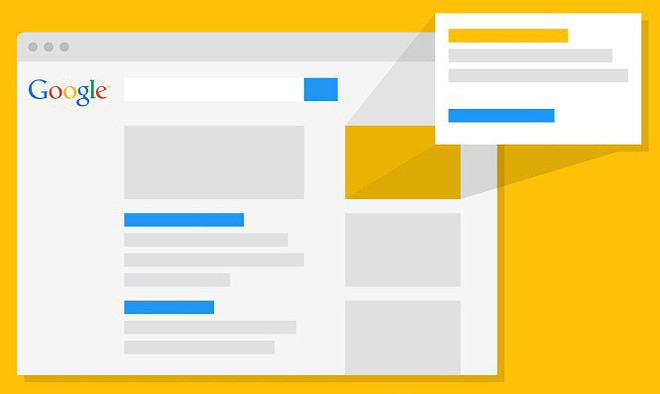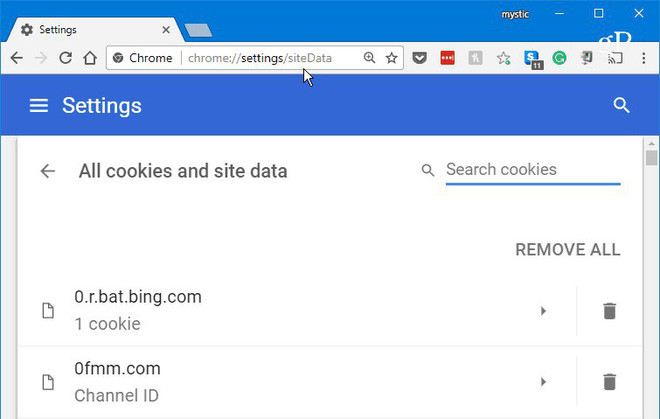Secrets behind Google Incognito mode (Incognito)
Incognito mode helps users not save history when using the browser. This obviously benefits users, but what benefit does it have for Google, which decided to support anonymous browsing right on the first official release of Chrome?
Advertising is the answer to that question. Too unexpected right, let's find out the reason through the article below!
Advertising nature
Google is an advertising company. And to find out about you, Google reads every search keyword, places you visit on Maps, emails sent / received on your Gmail.

Advertising is Google's source of life.
If you have just searched for the keyword 'best SSD', and have just watched a series of video reviews of products like the Evo 860 or WD Blue 500GB, then Google will know that you are in need of buying SSDs. By going through the 'Google account', Google can know that you are the one who has just taken the two actions.
In addition, when you go to an e-commerce site to find SSDs, cookies - small packets of information about users sent and received by each website will create portraits of your needs.

Google will connect all of the above information to provide accurate information about your shopping needs to offer the most relevant advertising.
Without incognito mode
Without an incognito mode, users will have to delete the browsing history data after accessing sensitive content sites so that they don't have to receive relevant ads.

Users who delete browsing history will also cause cookies to disappear. This makes it impossible for advertisers to know the needs of users. Which needs to delete the user's browsing history is huge. Therefore, the anonymous browser was born. Just press Ctrl + Shift + N, the user will be switched to a mode that does not save visited websites without having to delete the browsing history and advertisers will still understand you.
Not only does the anonymous browser, but many other Google features are created, come from the same motivation. For example, the ability to synchronize browsing history between different devices of a single user. It is really useful for users but of course Google also benefited greatly. This feature makes it possible for Google to understand you when identifying Google history without spending a long time collecting cookies.
That's it, behind meeting user needs always comes with benefits for companies.
See more:
- Chrome's incognito mode is not as discreet as you think
- Guide to anonymous web on Android phones
- Instructions for accessing anonymous Web on iPhone browser
- The mobile YouTube application is about to be incognito